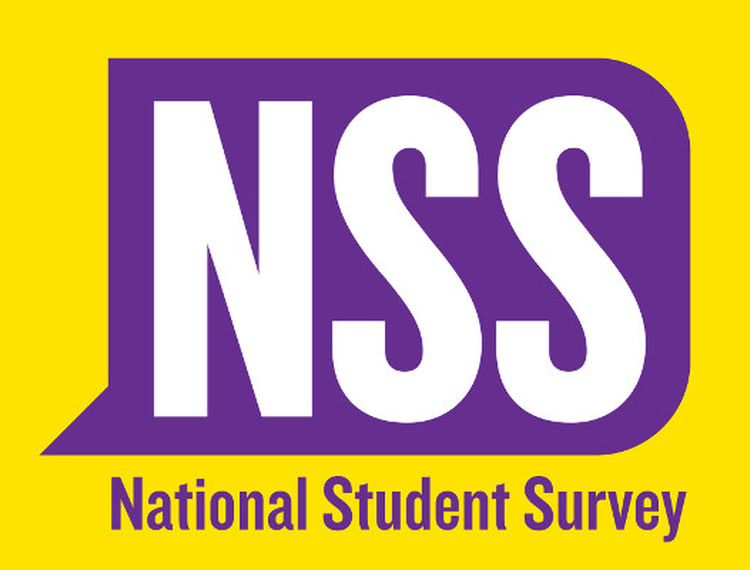OfS announces next steps for the National Student Survey

The @OfficeStudents (OfS) has detailed arrangements for a review of the National Student Survey (#NSS)
The review will be a radical, root and branch review and follows a request by the Universities Minister to address concerns about how the survey may be creating burden and impacting on standards, while ensuring the NSS remains an important indicator of student opinion.
A two-stage internal review process of the survey is to be conducted. The first stage will address those concerns and will report later this year. The second stage will look more widely at the role of the NSS, including which questions should be asked to support regulation and student information across all four countries of the UK.
The review of the NSS will hear the views of students and their representatives, university and college leaders, academics and employers, as well as studying different ways to understand student’ perspectives on their higher education experience.
The terms of reference for the first phase of the review will be:
- Assess the bureaucratic burden the NSS places on providers and how this could be reduced.
- Explore the unintended consequences of the NSS for provider behaviour and how these could be prevented, including whether the NSS drives the lowering of academic standards and grade inflation.
- Examine the appropriate level at which the NSS could continue to provide reliable data on the student perspective on their subject, provider and the wider system, and what could be done without depending on a universal annual sample.
- Examine the extent to which data from the NSS should be made public, including the implications of Freedom of Information (FoI) legislation.
- Ensure the OfS has the data it needs to regulate quality effectively.
- Ensure the NSS will stand the test of time, and can be adapted and refined periodically to prevent gaming.
- Ensure the UK wide role of the survey is considered in any recommendations.
The contract for the 2021 NSS has already been awarded. The OfS board has decided that, pending the outcome of the review, the perspectives of students continue to be required to inform its regulatory work. This is particularly the case next year given the impact of the coronavirus pandemic. It is not possible to test and pilot any changes to the NSS that might result from the review, to ensure its integrity and statistical validity, in time to capture the experience of students during 2020-21.
However, given the significance of the review, the board agreed on a number of measures to amend the 2021 NSS. First, any decision on what to publish from the NSS and at what level should await the outcome of the review to ensure that the 2021 published results were aligned with the new direction of travel resulting from the review. It also agreed that the burden on providers should be reduced in the 2021 NSS, by no longer requiring them to promote the survey internally to their students.
Nicola Dandridge, chief executive of the OfS, said:
‘The NSS has played an important role in hearing the voice of students for 15 years, with over 300,000 students responding each year. It is therefore crucial that it is fit for purpose for the future – and that it supports rather than hinders improvements in quality and standards for the benefit of students.
‘Our review will look at the evidence around NSS and hear from a range of student and sector voices to gauge the best way for the survey to retain its purpose and stand the test of time in the years ahead.
‘In conducting the review, we will liaise closely with the devolved administrations to ensure their perspectives are properly taken into account.’
On 10 September 2020, the Department for Education and the Department for Business, Energy and Industrial Strategy released a joint statement on reducing bureaucracy in higher education and research, which set out a combination of measures planned by the OfS and actions suggested by the government for the consideration of the OfS board.
On 14 September 2020, the OfS received a letter from the universities minister giving strategic guidance on reducing the bureaucratic burden on providers.
There have been three major reviews of the NSS since its inception in 2005. The largest was an independent review conducted by NatCen Social Research in partnership with the Institute of Education and the Institute for Employment Studies in 2014.











Responses